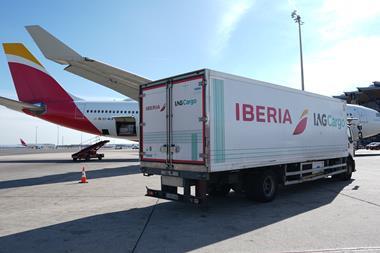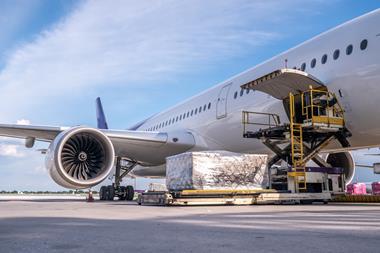The British International Freight Association (BIFA) has welcomed UK Customs’ (HMRC ) decision to extend the declaration and import payments for its Transitional Simplified Procedures (TSP) in the event of a no deal Brexit.
The extension to October 4 provides more time to make the necessary preparations, fully test the systems, establish the communication links between the parties involved in the processes, and make sure that everyone concerned is aware of their responsibilities.
BIFA director general Robert Keen said: “Having criticised HMRC when it originally published its Transitional Simplified Procedures in February, we now welcome the news that, in the event of a no-deal Brexit, the date when the first supplementary customs declarations must be submitted, and any import duties must be paid, has been extended.
“We also welcome the news that TSP will be available for any port or airport where goods are being brought into the UK from the European Union, not just ro-ro ports. But most importantly, we are pleased that HMRC has agreed to allow freight forwarders to operate TSP on behalf of their clients.”
Following the original announcement about TSP in February, BIFA, among others, lobbied hard with HMRC for changes.
The trade association that represents the UK freight forwarding sector, said the that it understood some of the easements contained in the TSP may make it easier for new applicants to obtain these authorisations.
But it also explained that there did not appear to be equivalent liberalisation of the regimes for existing holders, such as freight forwarders, despite the fact that they are the businesses that are most likely to be fully prepared to operate TSP.
BIFA said that the extension addresses the fact that the original documentation was "skewed in favour of new applicants for authorisations and actually discriminated against existing holders, particularly relating to special procedures".
BIFA understands that HMRC’s original aim of publishing the TSP in the event of a no-deal Brexit was to make importing easier by simplifying the declarations at the border and postponing the payment of import duties that would otherwise be due.
Keen concluded: “This is a very significant easement of policy and one for which BIFA, among others, lobbied hard to ensure all modes were treated equally. It should be noted that much confusion and effort could have been saved if Government had consulted with the trade in the first place.
“By allowing freight forwarders to operate TSP, the extension recognises the critical role that the freight forwarder plays as an intermediary in the UK’s supply chain.”










